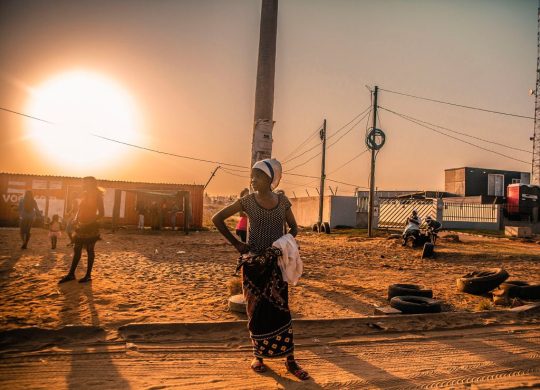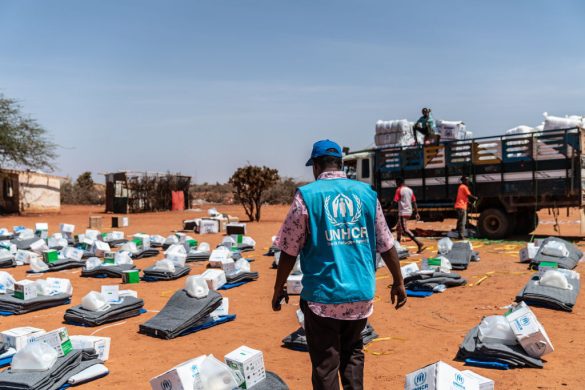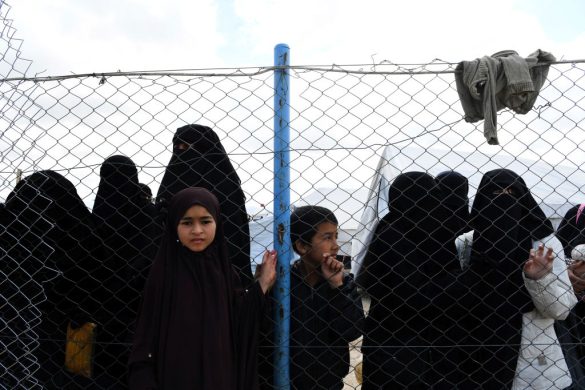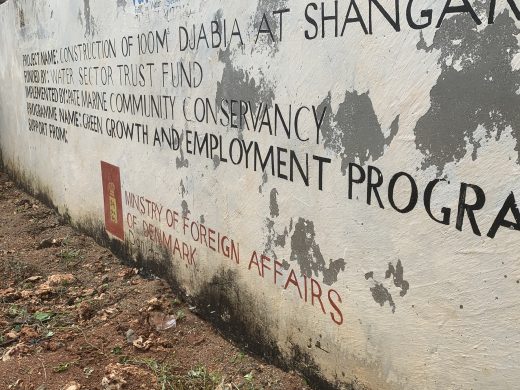Fears are growing that a deadly yellow fever outbreak in Angola – which has already spread to Democratic Republic of the Congo, Kenya and China – will continue to spread internationally without immediate action to prevent it, the International Federation of Red Cross and Red Crescent Societies (IFRC) warned today.
The disease is transmitted by the Aedes aegypti mosquito, which is also responsible for spreading the Zika virus, dengue and chikungunya.
Dr Julie Lyn Hall, the IFRC’s Director of Health, said that limited vaccine supplies, inadequate disease surveillance systems, poor sanitation and everyday cross-border economic and social interaction could turn a national outbreak into a global crisis, if no immediate community-based action is taken.
“Unvaccinated travellers could transform this outbreak into a regional or international crisis if we don’t move quickly to protect vulnerable populations and help communities to reduce their risk of infection,” she said.
Yellow fever has killed 293 people in Angola since the beginning of the outbreak in December 2015, and a further 2,267 people are believed to have been infected.
The IFRC released 50,672 Swiss francs from its Disaster Relief Emergency Fund (DREF) on 24 February to support Angolan Red Cross work to support the vaccination of 90,000 people, and conducting community mobilization activities with 60,000 others. A further DREF allocation in support of the Red Cross of the Democratic Republic of the Congo will be issued today.
The Angolan outbreak has resulted in cases being imported to Democratic Republic of the Congo and Kenya, and has been confirmed as the source of 11 infections in the People’s Republic of China. A separate yellow fever outbreak has been confirmed in Uganda, with more than 50 suspected cases in three districts.
There are growing concerns that the outbreak could easily spread to neighbouring countries such as Namibia and Zambia, where the population is not vaccinated against the disease.
Volunteers and staff of the National Red Cross Societies in Angola, Democratic Republic of Congo and Uganda are hard at work in communities across the affected areas, identifying and eliminating mosquito breeding grounds, and helping people to reduce their risks of infection.
“Vaccination campaigns are the first lines of response, but we need to prioritise community engagement as a vital tool to prevent the spread of yellow fever,” said Dr Hall. “The continued rapid spread of the disease in the Angolan capital Luanda – where some 7 million people have already been vaccinated – underlines the importance of community engagement, surveillance and improving environmental sanitation.”
The International Federation of Red Cross and Red Crescent Societies (IFRC) is the world’s largest volunteer-based humanitarian network, reaching 150 million people each year through its 190 member National Societies. Together, the IFRC acts before, during and after disasters and health emergencies to meet the needs and improve the lives of vulnerable people. It does so with impartiality as to nationality, race, gender, religious beliefs, class and political opinions.














